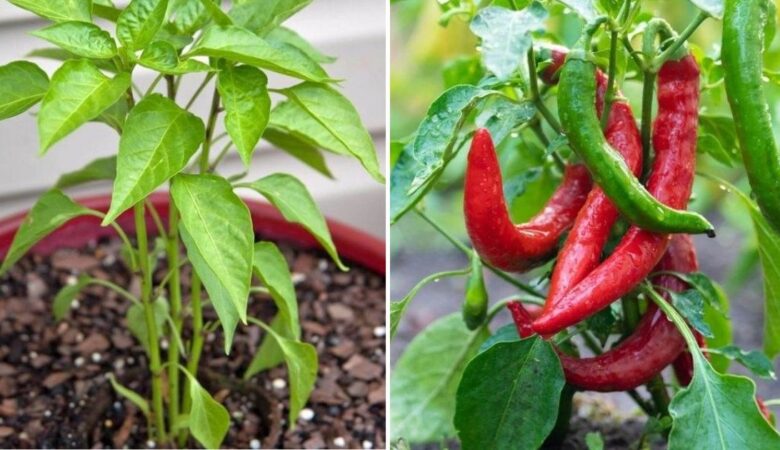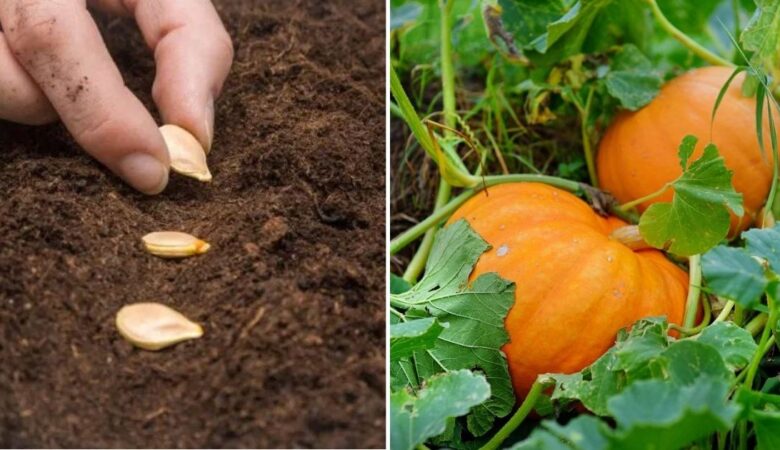Gotu kola might look like an ordinary green herb, but it carries centuries of secrets and a reputation as the “herb of longevity.”
Across Asia, from the highlands of India to remote villages in Southeast Asia, gotu kola has been treasured in herbal medicine for its incredible effects on mind and body. This ancient remedy goes beyond folklore, modern research reveals its powerful benefits for mental clarity, skin health, circulation, and more.
If you’re searching for a holistic wellness boost, gotu kola might be the ancient answer you didn’t know you needed. In this guide, we’ll dive into everything this remarkable herb has to offer.
#1. Memory and Focus Enhancement
Often described as a brain tonic, gotu kola is believed to have neuroprotective properties that may support cognitive longevity.

Studies have shown that gotu kola may enhance memory and cognitive function, making it particularly valuable for individuals facing age-related memory decline.
The herb’s active compounds, such as triterpenoids, work to protect brain cells and improve neural pathways, which helps keep the mind sharp.
#2. Reducing Symptoms of Anxiety and Depression
By balancing stress hormones, gotu kola promotes a sense of calm, which enhances mental clarity.
Some even turn to gotu kola as a natural remedy for managing anxiety and mild depression, as it can help stabilize mood, ease tension, and improve sleep quality.

#3. Improving Circulation and Cardiovascular Health
For individuals with venous insufficiency, gotu kola helps strengthen blood vessel walls and reduce swelling, inflammation, and the appearance of varicose veins.
Besides, for those with circulatory concerns, such as varicose veins or fluid retention, this plant can be a natural ally in promoting blood flow and supporting vascular integrity.

#4. Skin Health and Wound Healing
The herb contains powerful compounds, notably triterpenoids, which stimulate collagen production, enhancing the skin’s ability to heal and repair itself.
This collagen-boosting effect makes gotu kola especially useful for wound healing, as well as reducing the appearance of scars, burns, and even stretch marks.

#5. Anti-Aging Properties
Gotu kola offers a natural way to enhance skin elasticity and prevent the formation of fine lines. Its antioxidant properties help combat the oxidative stress that leads to premature aging.
This herb is also widely used in creams and serums for its calming effect on skin irritation, providing relief from conditions like eczema and psoriasis.

#6. Reducing Inflammation and Supporting Joint Health
According to Indian J Pharm Sci., gotu kola is beneficial for individuals with arthritis or chronic joint pain.
By reducing systemic inflammation, it helps alleviate the discomfort associated with swollen or stiff joints, allowing for better mobility and comfort in daily activities.

#7. Immune Support and Detoxification
Rich in antioxidants, gotu kola helps the body defend against oxidative damage, which can weaken immunity.
By aiding in the body’s natural detoxification processes, particularly for the liver and kidneys, this herb helps remove toxins and supports the body’s innate resilience.

How to Use Gotu Kola Safely
Gotu kola can be found in several formats: teas, tinctures, capsules, powders, and topical creams.
Each form has unique benefits depending on the intended use. For instance, a capsule or tea might be ideal for cognitive support, while a topical cream could be best for skin healing.

In terms of dosage, general recommendations for gotu kola capsules range from 300-500 mg, usually taken once or twice a day. However, be careful for for pregnant or breastfeeding women or you should consult with a healthcare provider before using.
Common side effects of gotu kola may include dizziness, nausea, or mild gastrointestinal upset, although these are relatively rare.






